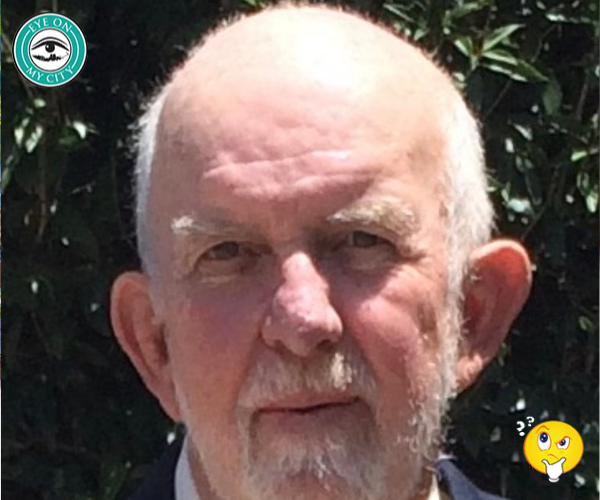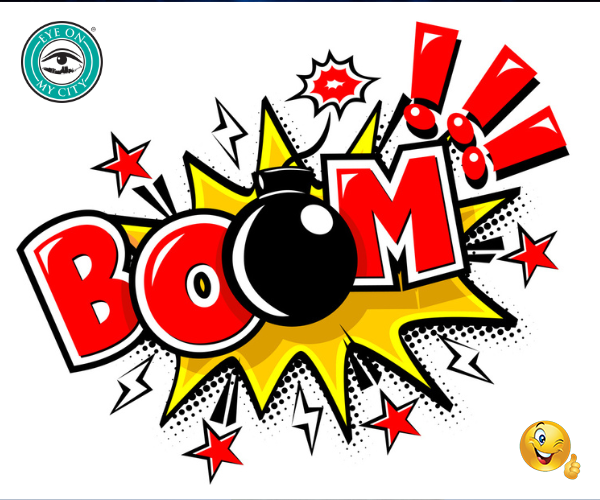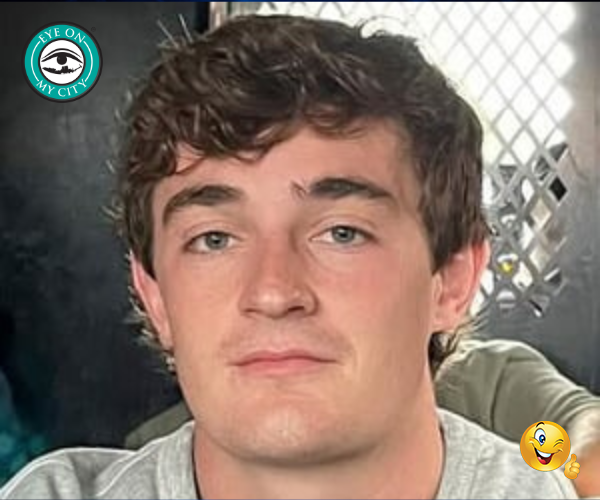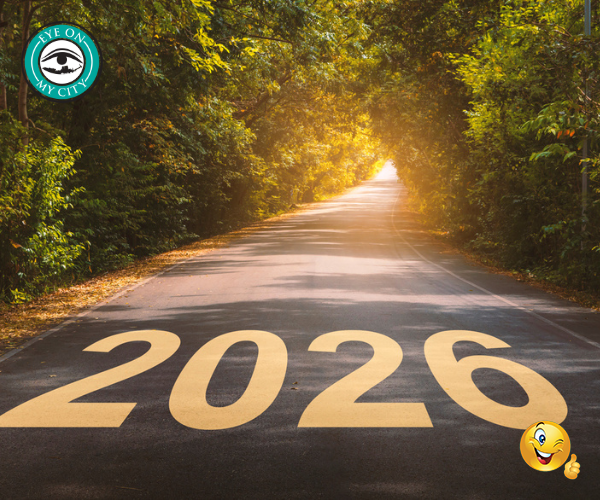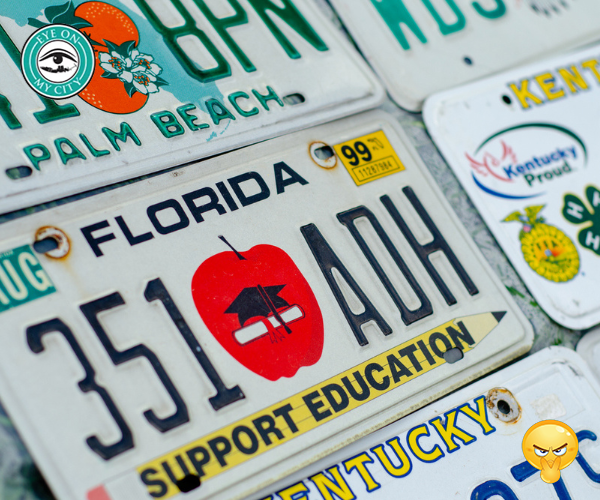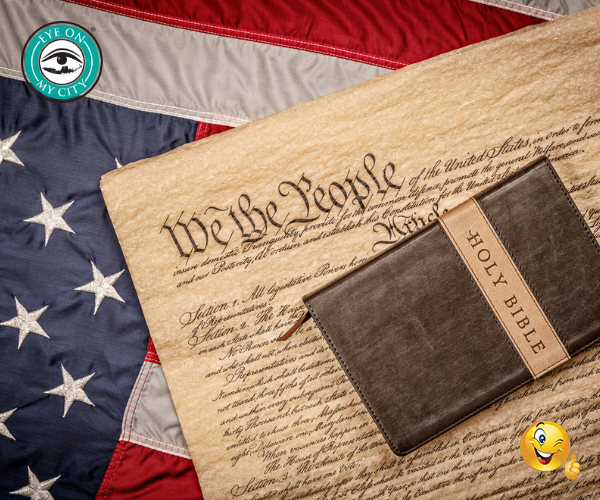It didn’t take long for the Guana land swap proposal to fall apart.
But what was it, really?
News reports were vague. But it seemed to be either the most villainous attempt to destroy a veritable Garden of Eden ever or a simple offer to obtain some land in exchange for five times as much land.
In any case, alarmed conservationists leapt into action when it was announced that Uplands LLC wanted to make the exchange for 600 acres of Guana Tolomato Matanzas National Estuarine Research Reserve, formerly Guana State Park.
Almost all of the reaction was negative, and it reached as far as the White House. President Trump’s Chief of Staff Susie Wiles of Jacksonville called it “outrageous.”
Yet the only designated threat was suspicion that it might have involved building a golf course somewhere on the 600 acres.
Golf courses are some of the best managed lands in the nation. There may be no more beautiful property than Augusta National Golf Course, where the Masters Tournament is held each year.
Uplands issued a statement alleging “misinformation” was one reason for dropping the proposal.
Audubon Florida was among those protesting after the land swap proposal turned up on the agenda of the state Acquisition and Restoration Council for Wednesday May 21.
Even without details of the proposal, Audubon warned that it could set “a dangerous precedent.”
The proposal was to trade four privately held parcels totaling 3,066 acres across St. Johns, Lafayette, Osceola and Volusia counties to the state in exchange for the 600-acre upland tract on the western shore of Guana Lake.
Staff members of the Division of State Lands and the Florida Fish and Wildlife Conservation Commission reportedly had recommended approval of the swap.
The Florida Legislature recently enacted law to protect state parks, after Gov. Ron DeSantis had suggested the possibility of having resorts and golf courses in state parks.
Gate Petroleum, which had acquired the land in 1982, sold it to the state in 1984. Gate CEO Herb Peyton said his family was opposed to the Uplands swap also.
Lawyers for Uplands sent a letter withdrawing the application, saying, “While the applicant believes this 5 to 1 acre land swap would have been a net positive conservation benefit to the state of Florida, and the proposed swap represented .007% of the state lands at issue, the applicant is withdrawing the application due to public sentiment resulting from misinformation. To be clear, there was never any intention to develop the acquired land for commercial or community development purposes. Rather, the swap would have resulted in additional acres for Florida land conservation.”
About 25-30 percent of Florida is in the hands of local, state or federal government. But this controversy indicates that a large segment of the public opposes relinquishing any public land for any reason and those proposing any development must be open and forthright about their intentions.
This is a far cry from 1881, when the nearly broke state of Florida sold 4 million acres of land at 25 cents per acre to an industrialist whose audacious mission was to drain Lake Okeechobee and the Everglades and reclaim that land for development. He did not succeed but he did create cities and farmland in Central Florida and helped spur the building of railroads that produced growth and prosperity in the state.




